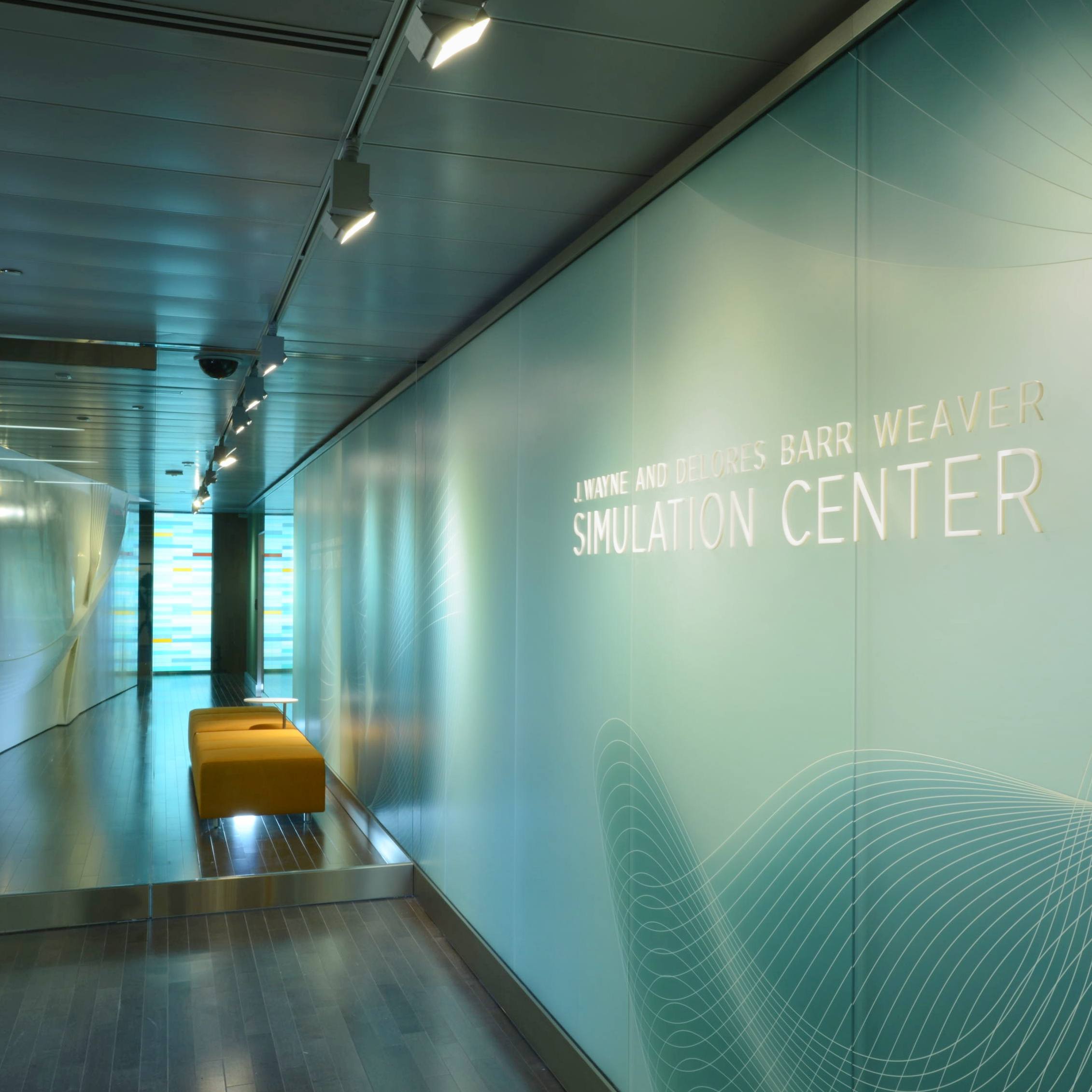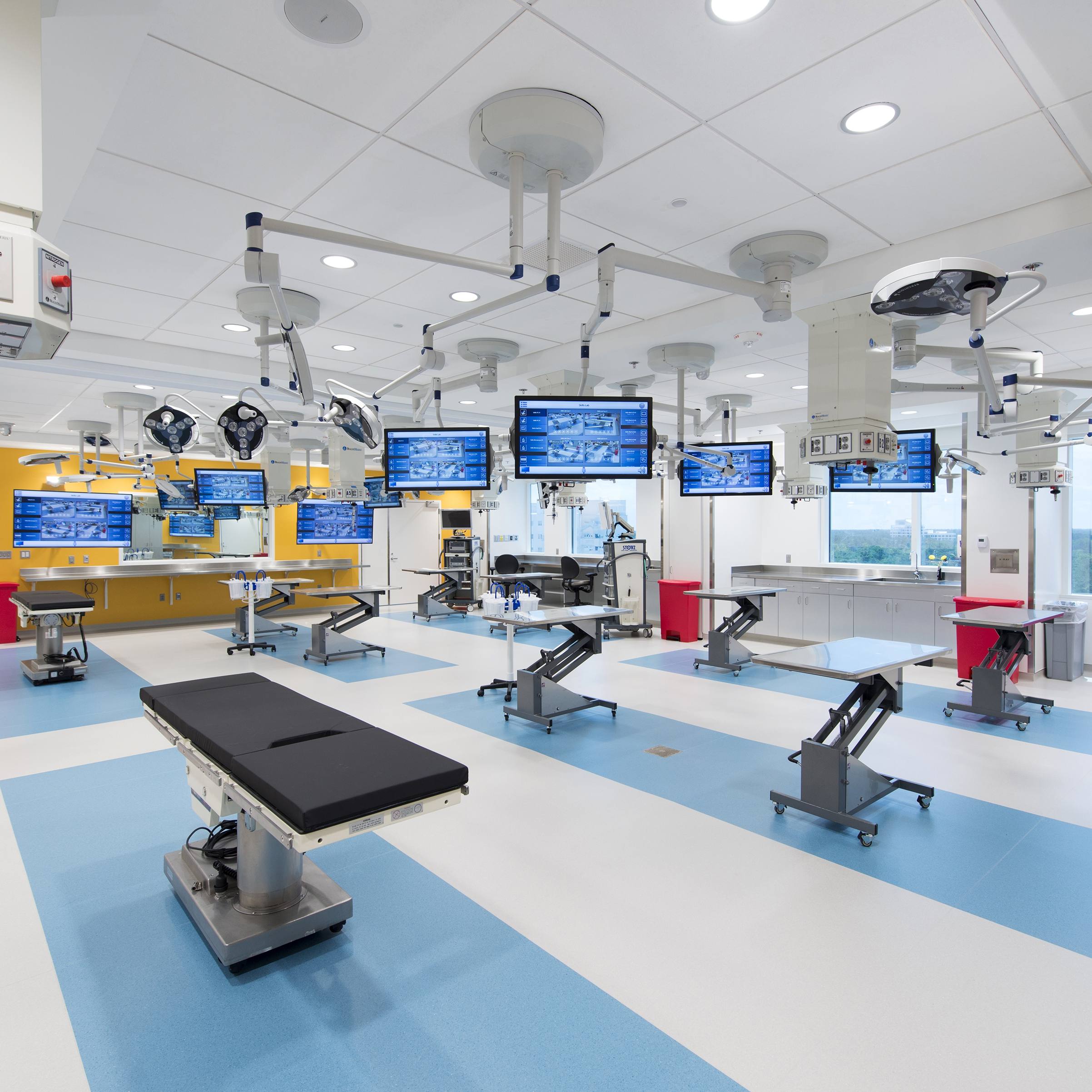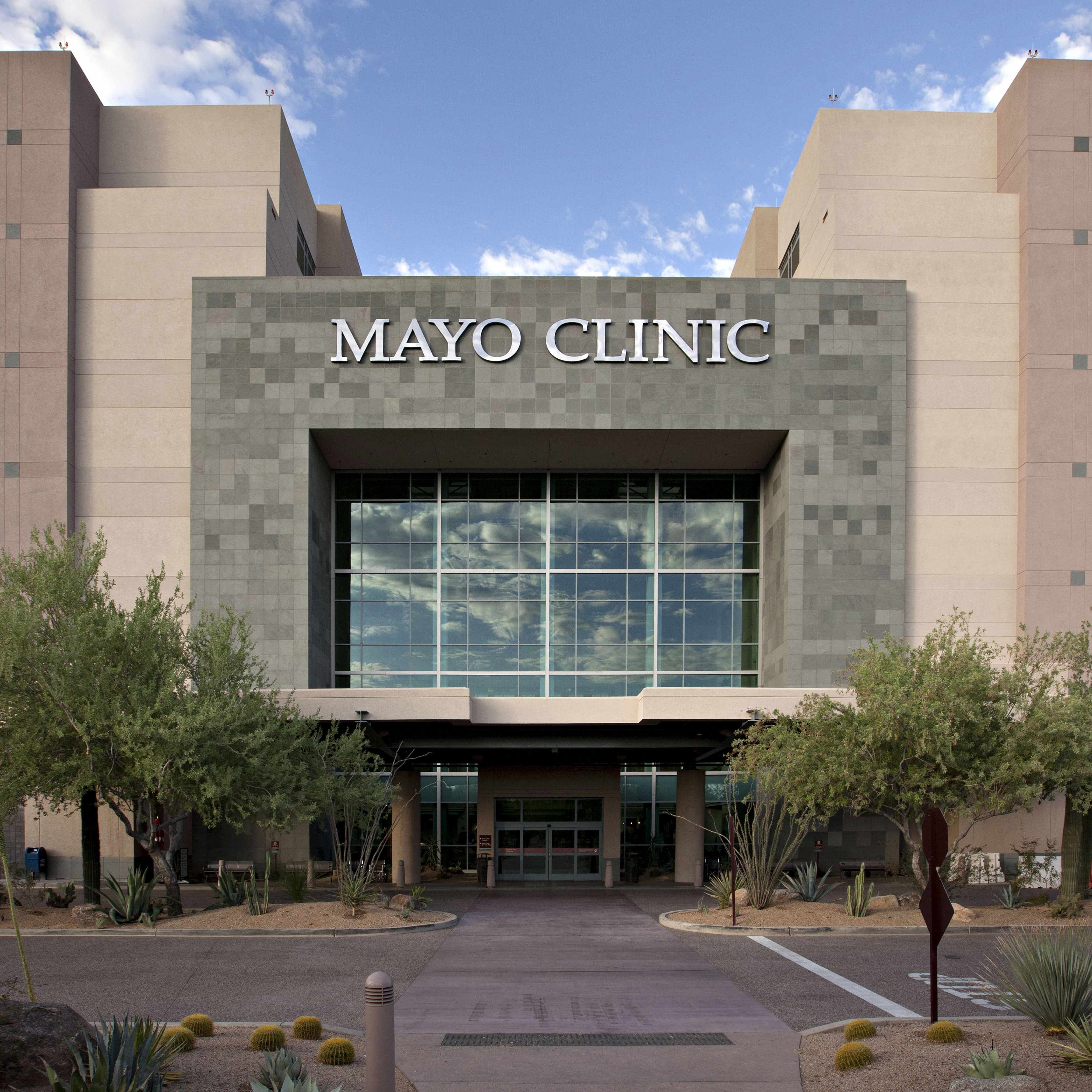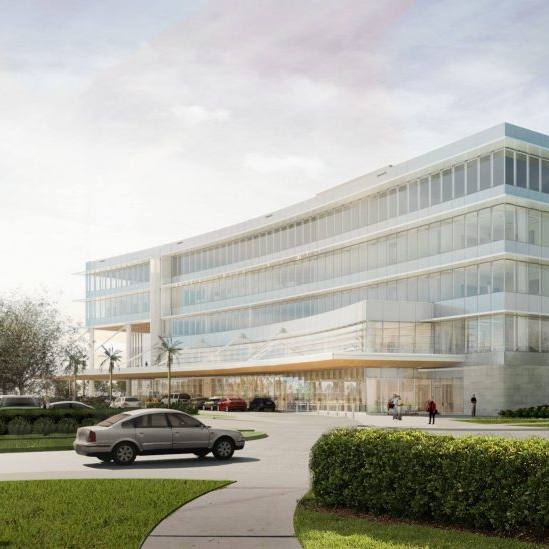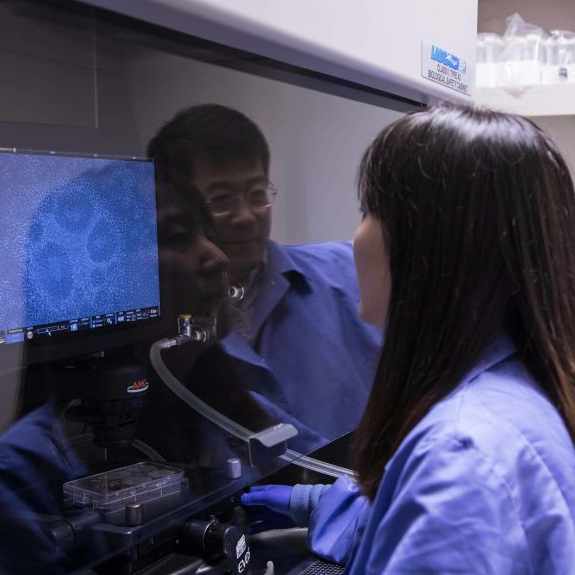Florida

January 30, 2025
Excessive alcohol use can harm the body in many ways, including an increase in the risk of various cancers. It damages liver cells, leading to[...]
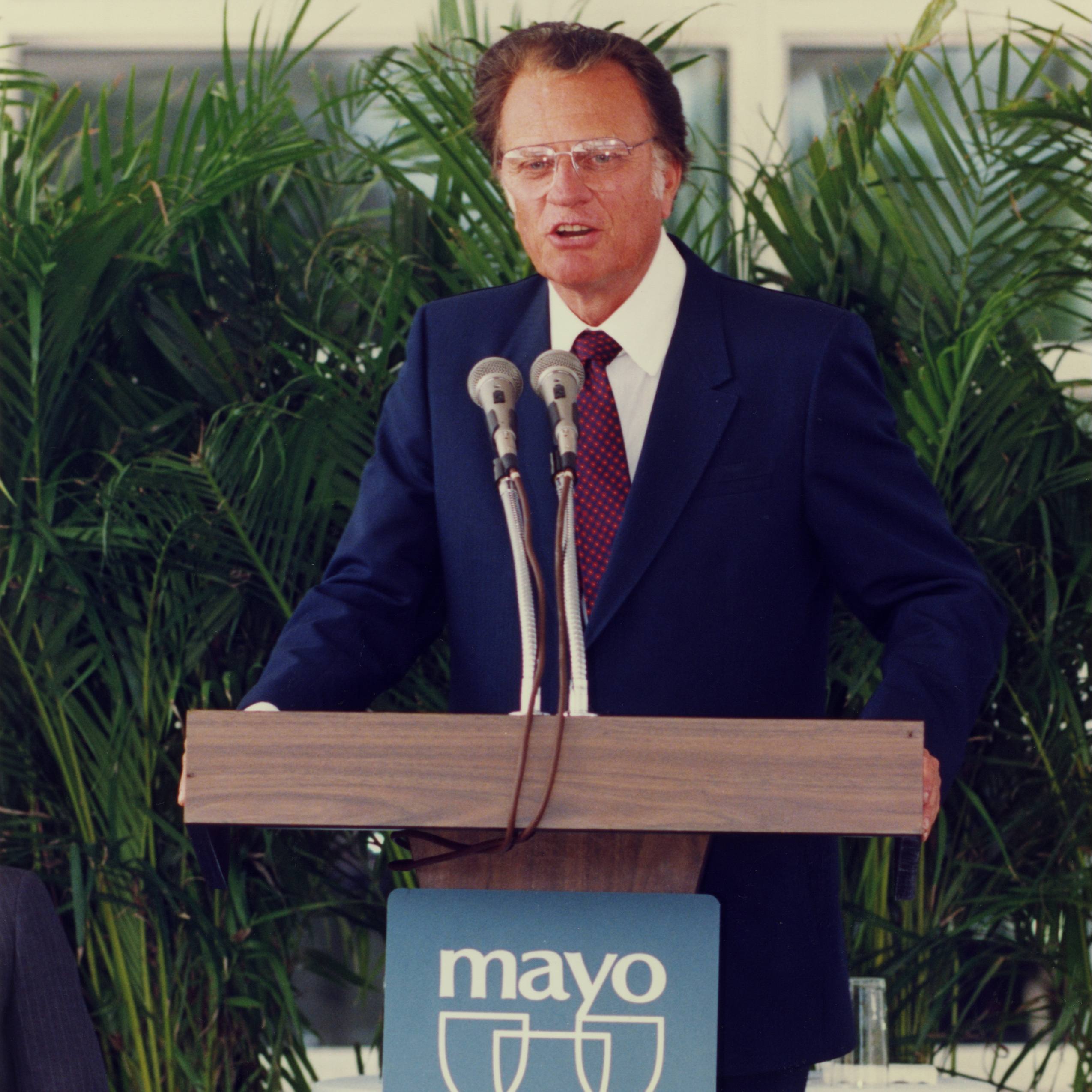
February 21, 2018
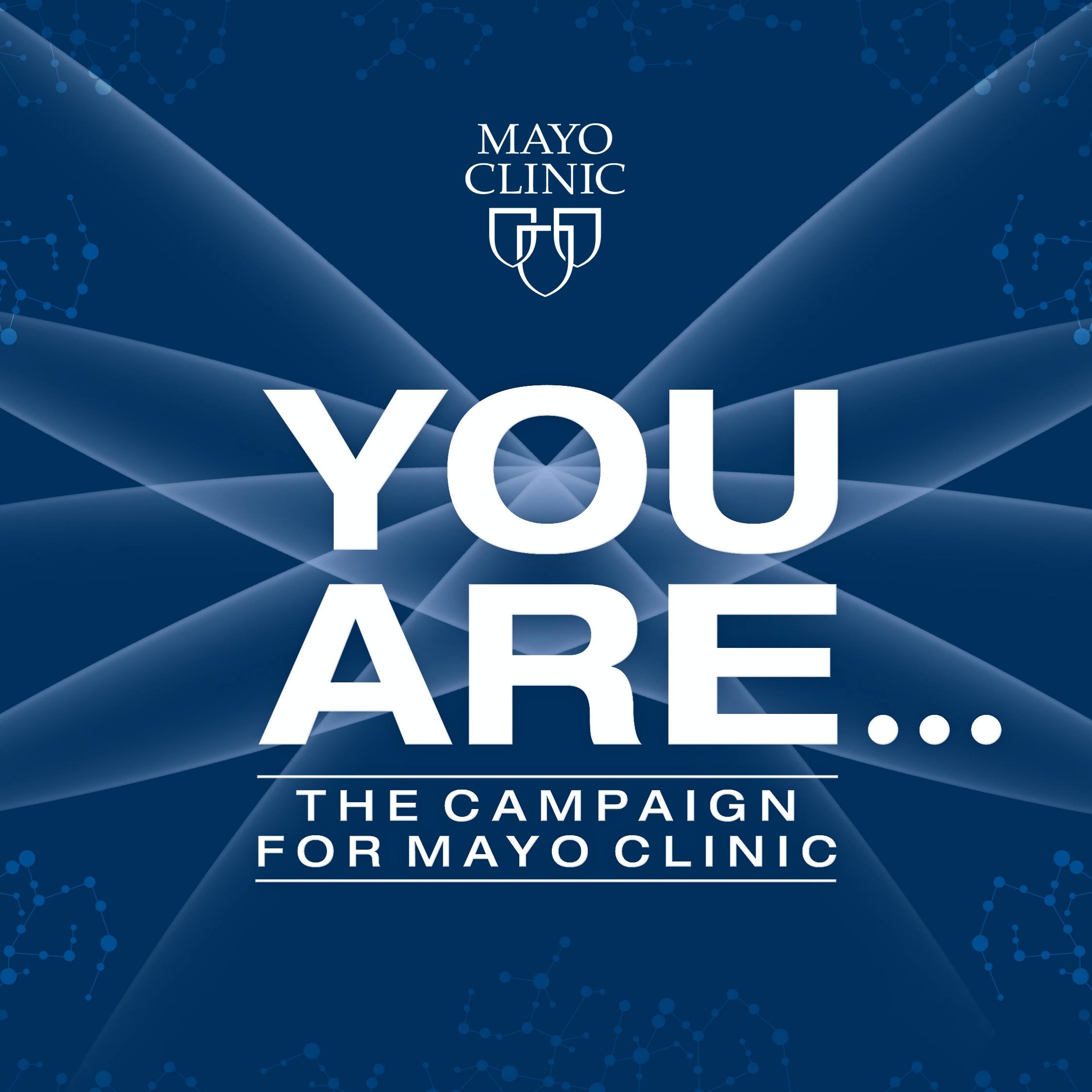
February 19, 2018

February 13, 2018
Explore more topics
 Sign up
Sign up

Mayo Clinic Connect
An online patient support community

